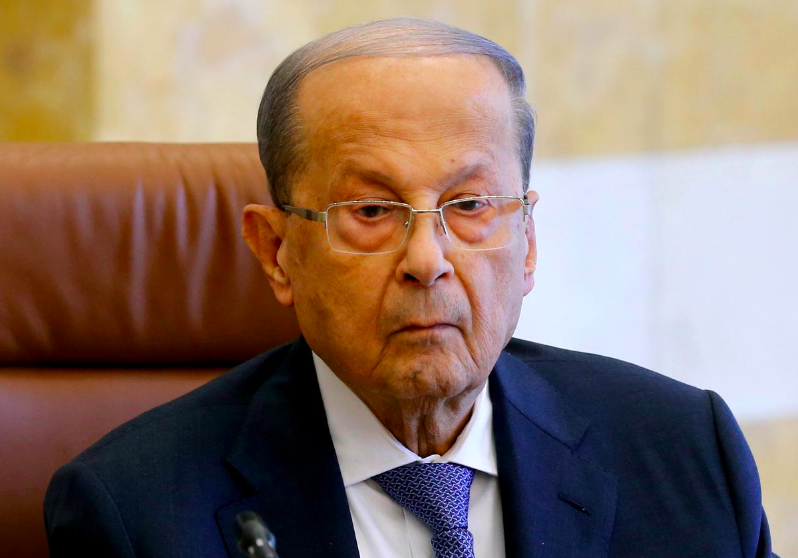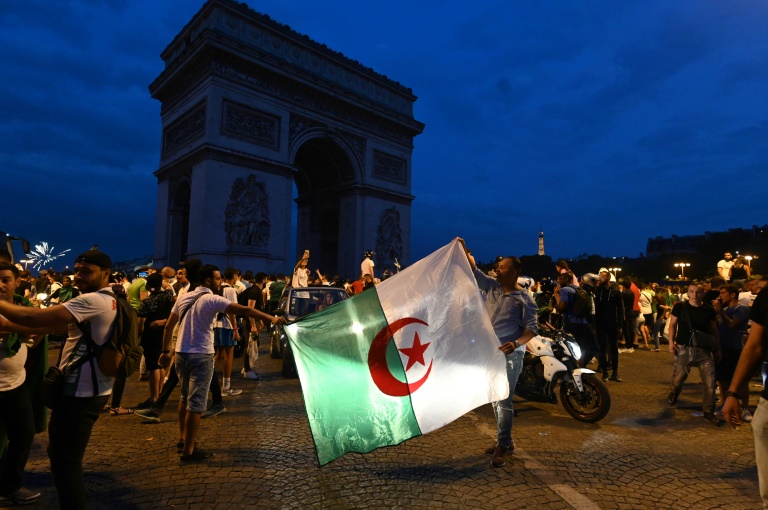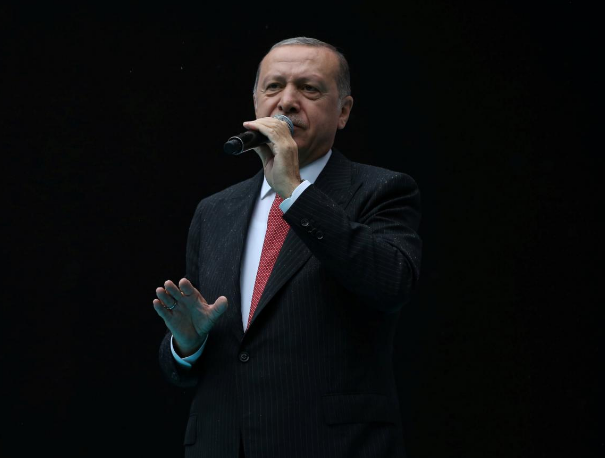Baghdad–Iraq’s Supreme Court asked election officials on Thursday to clear up legal issues surrounding an appeal against a candidate, a move that could further delay the certification of March 7 election results.
Tensions have been rising in Iraq after the inconclusive parliamentary election, with a proposed alliance of major Shia electoral blocs raising concern that minority Sunnis could be marginalized.
The high court said it had received the election results for certification on Wednesday but had asked the Independent High Electoral Commission (IHEC) for a clarification due to an appeal by Shia Prime Minister Nuri al-Maliki’s State of Law Party against one of the candidates on the 325-seat parliament list.
“The results of the parliamentary election were received by the Supreme Court yesterday. Today, the court, with all its members, held a meeting to study these results and found that there are some legal issues that need clarification from IHEC,” the Supreme Court said in a statement.”
It said it had immediately notified IHEC and hoped to certify the results when the issues had been cleared up.
Amel al-Birqdar, deputy head of IHEC, said the matter concerned Furat Muhsin Saeed, a candidate in Basra province for the Iraqi National Alliance, a Shia bloc with close ties to Iran.
Maliki’s State of Law and INA have announced plans to unite to form the largest bloc in parliament.
“We have a legal issue regarding one of the candidates as an appeal was lodged against him by the State of Law, but we hope this matter will be resolved today,” Birqdar said.
“If the court rejects the appeal submitted by State of Law, the names will remain the same, but if the court accepts the appeal process, we will have to recalculate the (results) in Basra province.”
Saeed’s candidacy has been questioned because of his status with the police force. Under Iraqi law, a candidate in a parliamentary election cannot be a member of the armed forces.
State of Law challenged IHEC’s decision to allow Saeed’s victory at the polls to stand. Birqdar said IHEC had accepted Saeed as a candidate because he had presented a letter of resignation from his police post.
Iraq has been without a government for more than 11 weeks since the poll, which was narrowly won by a cross-sectarian Iraqiya alliance led by former Prime Minister Iyad Allawi and heavily backed by Sunni voters.
Allawi has warned that a union of the mainly Shia groups that attempts to exclude Iraqiya from government could trigger a renewal of sectarian violence. Iraq was torn by sectarian warfare that killed tens of thousands of people in 2006-07.
The US ambassador to Iraq, Chris Hill, said it was not yet clear who would have the largest parliamentary bloc but it was important for the new government to include members of all the main factions.
“The Sunnis need to be an organic part of this government. They need to be able to play a substantial role befitting the results of the election,” Hill told journalists at a briefing on Wednesday.
“Everyone knows at the end of the day, this government is going to involve substantial Kurdish and substantial Sunni participation.”




